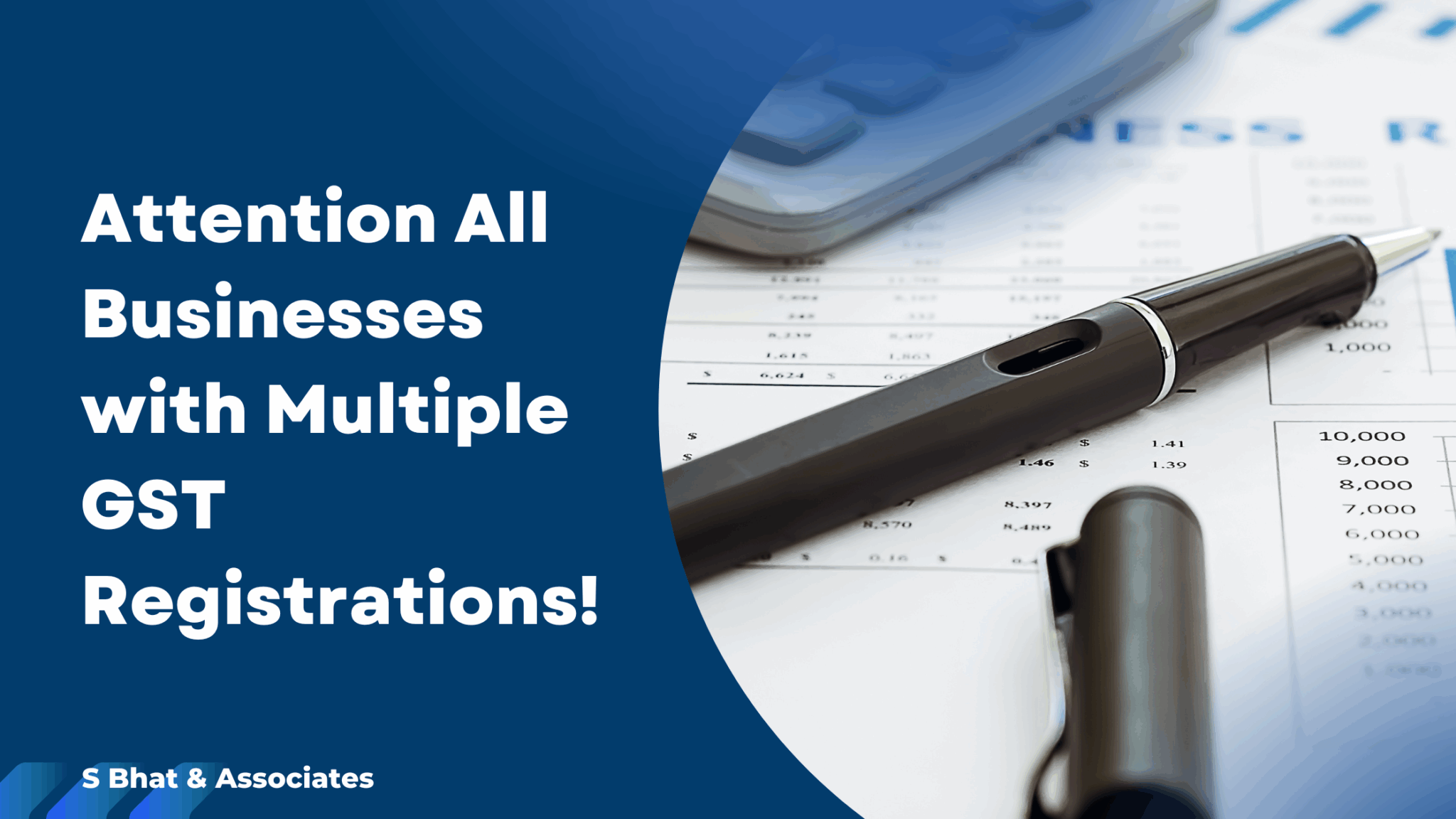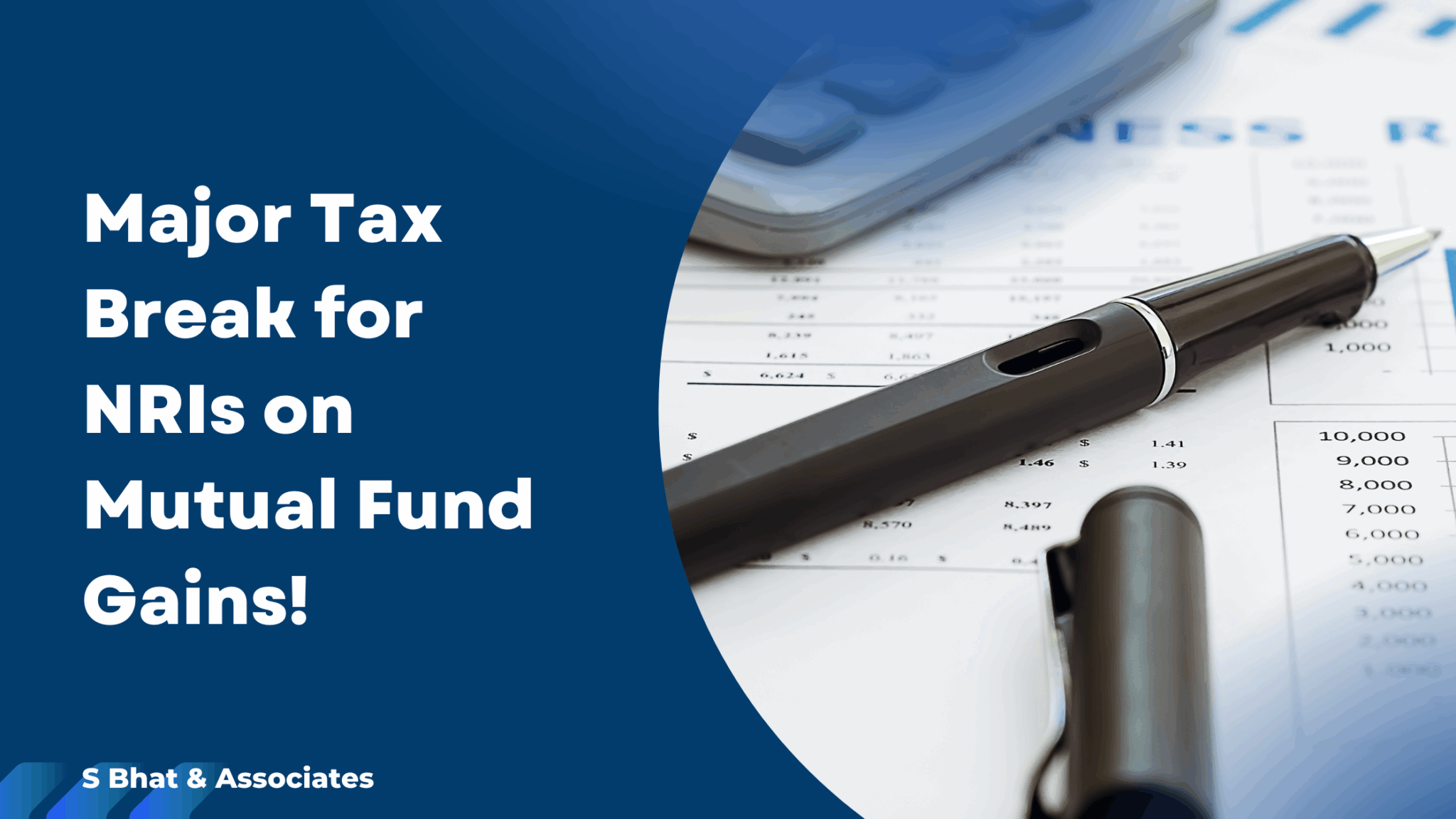
If you’re managing multiple GST registrations, this post is a must-read for you! 🚀
As part of ongoing reforms in the GST framework, significant changes have been introduced to the Input Service Distributor (ISD) mechanism. These changes will directly impact businesses that operate with multiple GST registrations, specifically in how Input Tax Credit (ITC) on common services is distributed.
What is the ISD Mechanism? 🤔
Input Service Distributor (ISD) is a mechanism that allows a centralised office (such as a head office) to distribute input tax credits (ITC) on services received for the entire organization to its branches. This is particularly useful when services are procured centrally but are used across different registered branches. ISD helps to ensure that ITC is appropriately allocated and utilized by the consuming units.
What’s Changing in the ISD Mechanism? 🔄
Before amendment –
🔽 Centralised office has an option of taking ISD registration for distribution of common input credits. Instead of taking ISD registration, centralised office can choose to do cross charge for input distribution among its branches or units.
🔽 ISD applicability excludes common services covered under reverse charge.
After Amendment
🔽This is to reiterate that distribution of the common ITC was compulsory even before and the recent change is only in method of distribution of ITC.
🔽With effect from April 1, 2025, the ISD registration is mandatory for centralised office to distribute the ITC related to common input services procured from third parties.
🔽 ISD applicability is extended to common services covered under reverse charge.
💡Implication on Taxpayer
❇️ Registration requirement 📝 – The taxpayer with multiple registrations and receiving common services for the same, now have to mandatorily take the separate ISD registration.
❇️ Intimation of ISD GSTIN to the vendors 📣– Now, taxpayer has to categorise the common input service providers in advance and intimate them to bill to ISD GSTIN.
❇️ Training the internal staff 🎓– The additional filing of GSTR 6 and the method of apportioning the common credit to the branches based on the turnover reported is a additional burden.
❇️ Periodic Compliance⏰ – Taxpayers will have to comply with monthly filing of GSTR 6 (13th of subsequent month) to report common input received and distributed will be an additional burden.
Why Should You Care? 🧐
This change will significantly impact your GST compliance and could add extra layers of work. Plan ahead and get ready for the shift! 🕒
Don’t wait! Start preparing now to stay ahead of the game! 📈💪
#GST#Update#





